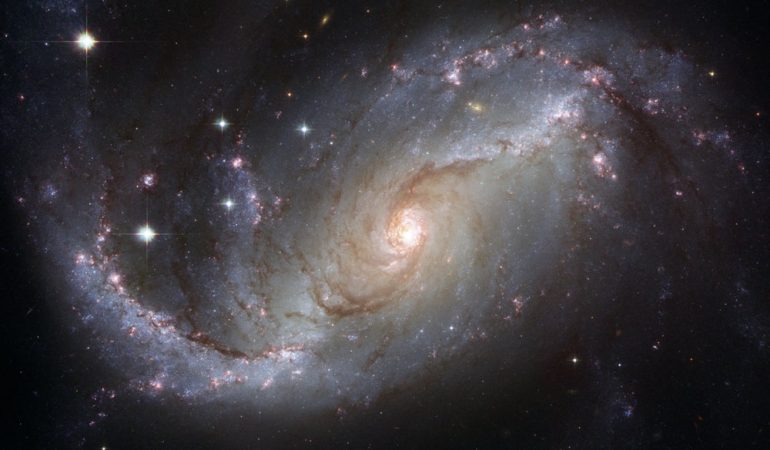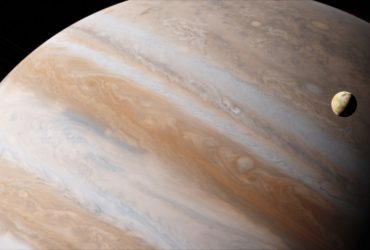What Is The Difference Between Astronomy And Cosmology?
What is the difference between astronomy and cosmology? Astronomy and cosmology are both scientific branches of study that involve celestial objects. The main difference between them is what’s studied under each.
Astronomy is the study of any celestial object outside the earth’s atmosphere, while cosmology is the study of the universe as a whole. Below are more details on each.
Astronomy
On earth, we have sciences like geology, oceanology, and meteorology to study the environment around us.
Once you go beyond the earth’s atmosphere, however, you shift into a different area of science – astronomy.
Astronomy is the study of all celestial object starting from the closest ones (moon and planets) to far away stars and galaxies.
Astronomers study everything from individual stars and planets to entire galaxies and star clusters. Their study include the formation of these objects, their movement and behaviour, their evolution and their eventual death.
Within astronomy are multiple disciplines including astrophysics, astrometry and theoretical astronomy.
Cosmology
The biggest objects studied in astronomy are star clusters, nebula, galaxies (and groups of galaxies) and black holes.
Beyond these, the only thing bigger is the universe itself. And that’s where we make the switch to cosmology.
The universe as a whole is so fascinating and so much of it is yet to be understood that it has its own branch of study.
While some smart folks study the stars and planets, others ask and try to answer some tough questions about the universe. What is its origin? How has it changed over time? What is its eventual fate?
Within cosmology are disciplines like cosmogony (study of the origins of the universe) and cosmography (study of large-scale features of the universe).
Both cosmology and astronomy rely heavily on physics and mathematics. But astronomy leans on a higher number of scientific disciplines than cosmology.
While physics and mathematics form the basis of most astronomical studies, astronomers also venture into chemistry, biology and geology to explain occurrences and features on celestial bodies.
For example, an astronomer might rely on biology to investigate the potential for life on other planets.
Bottom Line
Both astronomy and cosmology are equally fascinating and challenging. While an astronomer has to study billion of objects, a cosmologist has the burden of understanding this ever-expanding space that holds everything.



